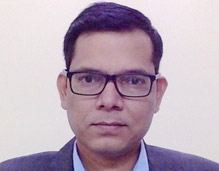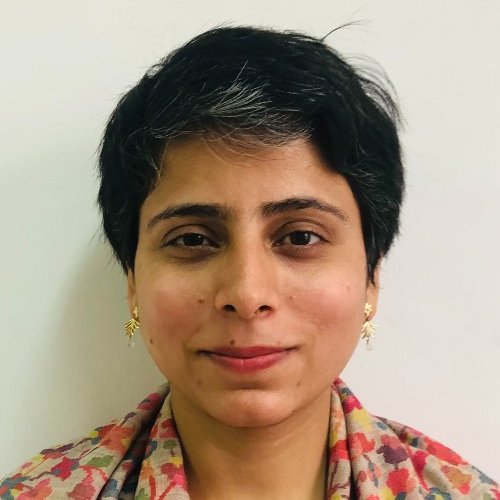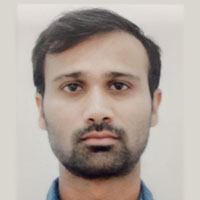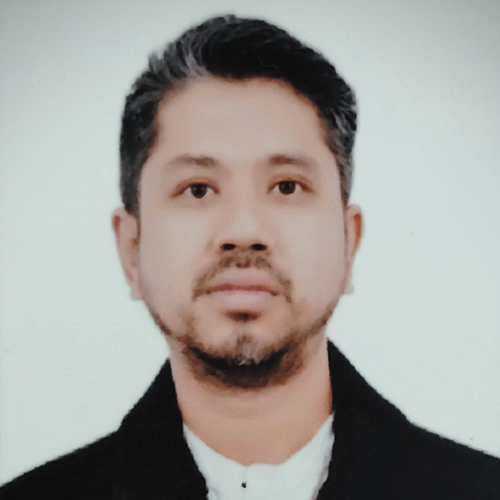Israel’s Continuing Political Stalemate
The political deadlock in Israel is set to continue, with Netanyahu failing to garner adequate support and Yair Lapid facing the deadline of June 2, 2021 to cobble together the necessary support to form a coalition government.
- Jatin Kumar
- May 28, 2021








